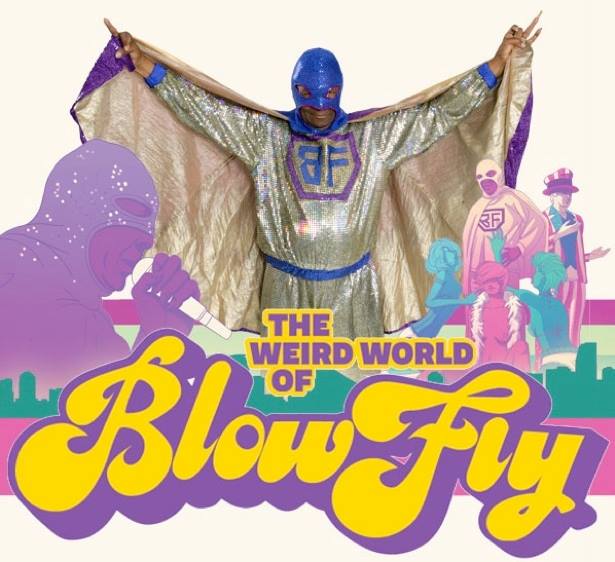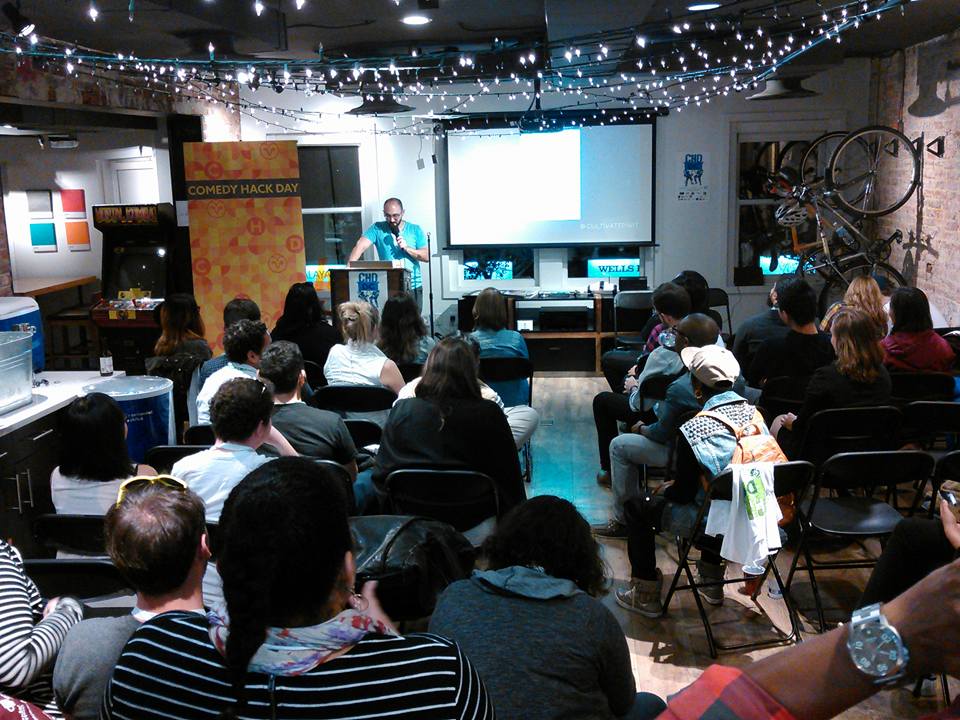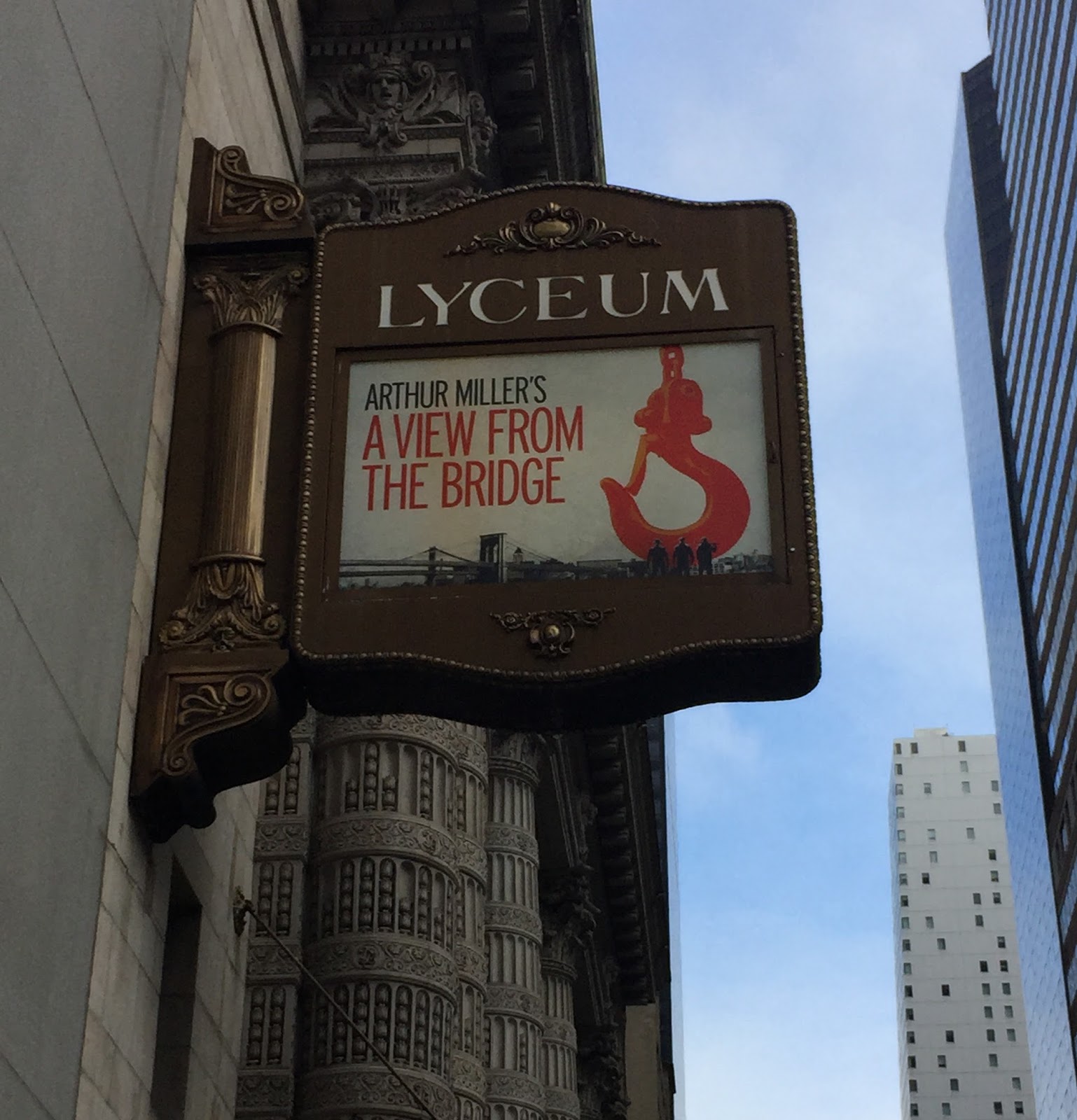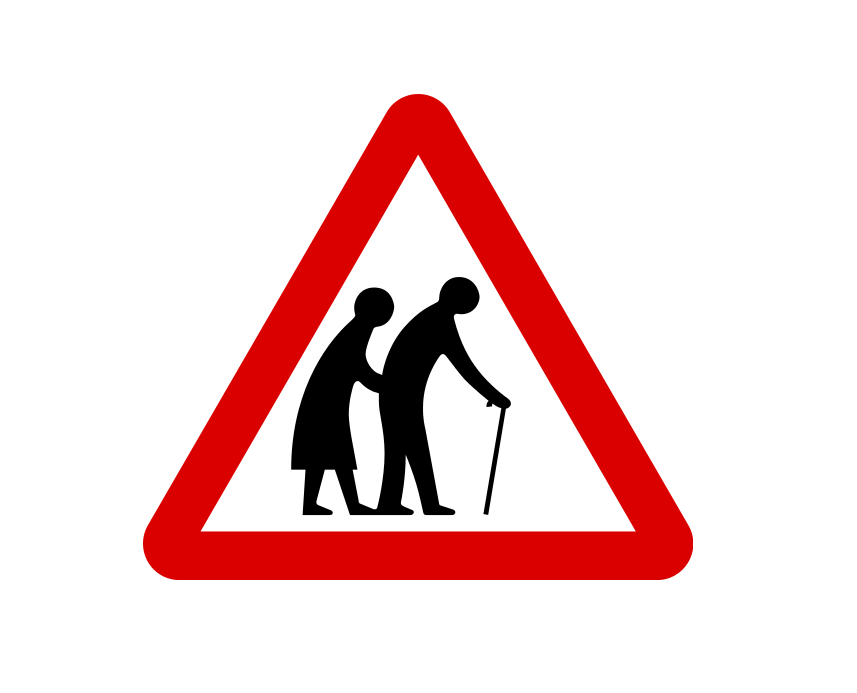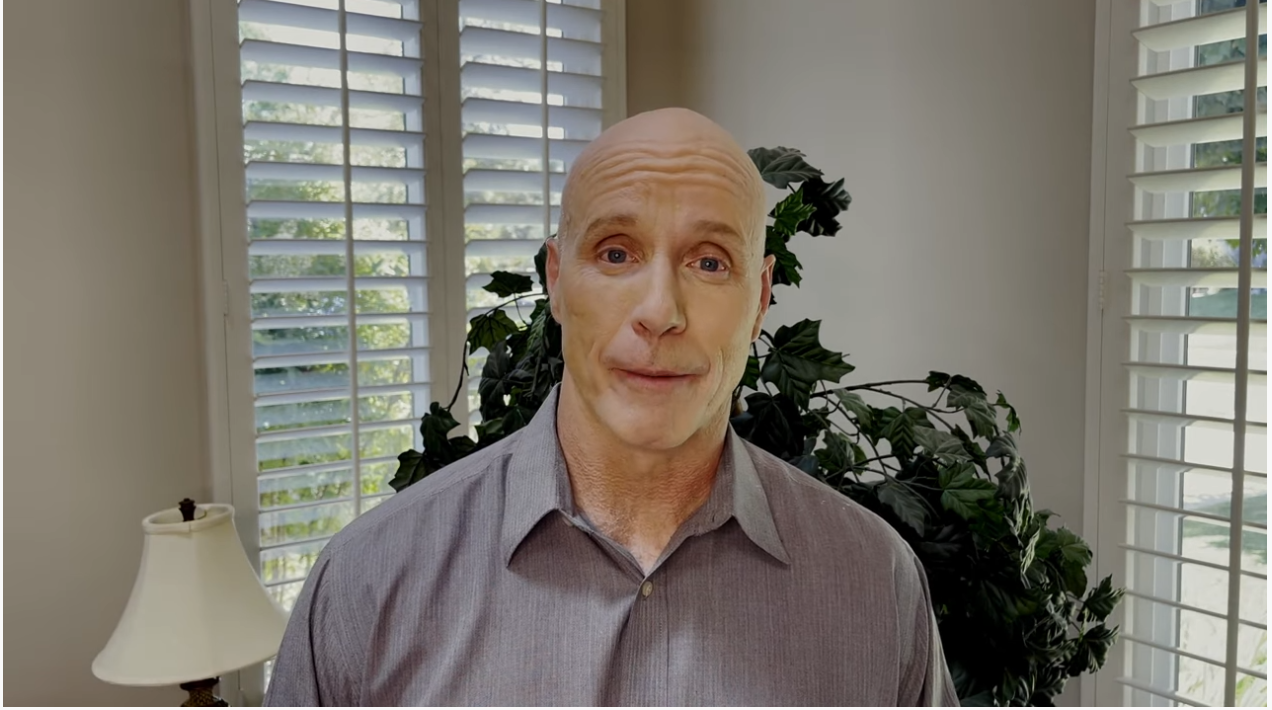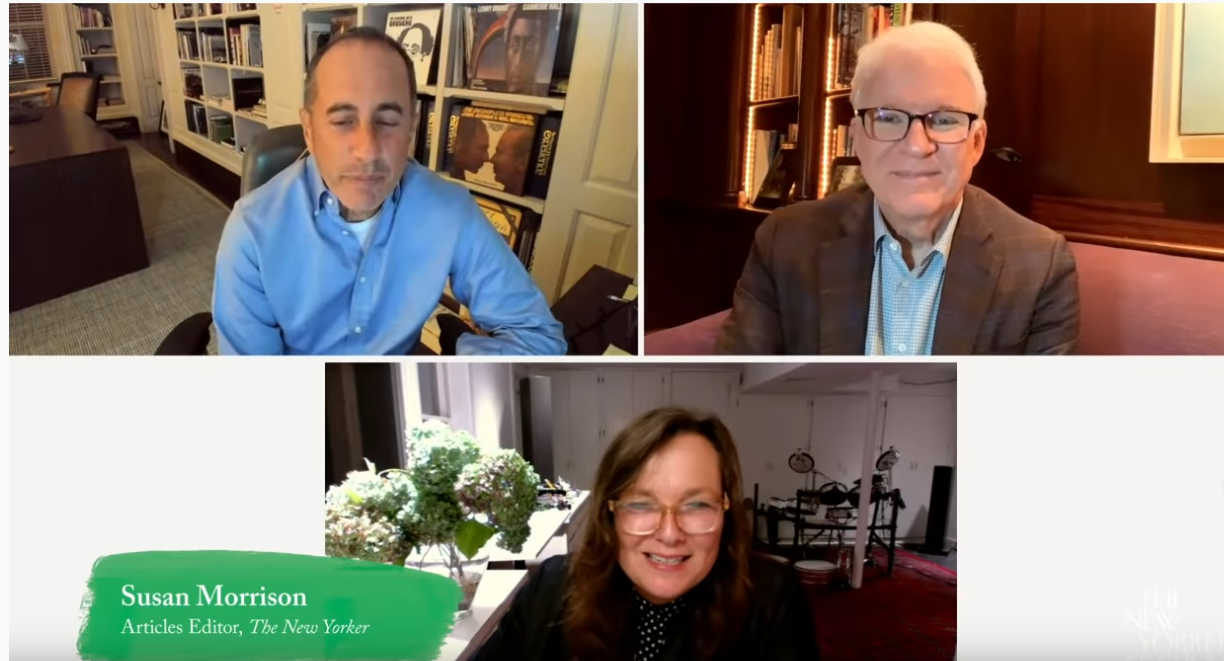 I received numerous inquires about how to start a comedy writing group, so I thought it would be a good topic to discuss. While this blueprint may not be the perfect solution for everyone, it seems to work for The Washington DC Comedy Writers Group. There was a lot of trial and error during our infancy stages, because we didn’t have a template to work from. We had no idea what to expect when we started, but the goals were:
I received numerous inquires about how to start a comedy writing group, so I thought it would be a good topic to discuss. While this blueprint may not be the perfect solution for everyone, it seems to work for The Washington DC Comedy Writers Group. There was a lot of trial and error during our infancy stages, because we didn’t have a template to work from. We had no idea what to expect when we started, but the goals were:
- Set up a dedicated time and place for people to discuss comedy
- Creating a safe space for comedians to work on new material
Mandy Dalton and I decided in advance that we wanted comedians and comedy writers to have an uncensored platform to develop material. Guidelines would need be established for the unforeseeable issues. It might seem like common sense to some people (i.e. have respect for attendees, don’t set things on fire, etc.), but be prepared to address them as they arise. But when it comes to performing comedy, our motto is “If you’re offended by anything – f*** you!” Ironically, that was created and voted on by our members.
What actually happens at a writers meeting?
When our group started, it was five members in a back of a restaurant. Those meetings were small, so it wasn’t necessary to create an agenda. After attendance increased past 20+ members per meeting, we began to experiment with a formal agenda, breaking the meeting into segments.
Part 1. The Meet and Greet
Make people feel welcomed as they arrive. Take the time to introduce new members to the regular attendees. If you can’t be there, have a designated member perform the duties of the host. This is very important for potential members arriving for the first time.
Once the meeting officially begins, perform a quick round robin of introductions. Provide 30-60 seconds to say their name, how they discovered the group, and what their comedy goals are.
Part 2. Comedy Exercises
Now that introductions are complete, it’s time to start writing! There are dozens of books with specific comedy exercises (especially improv books), or you can pull stuff from the internet. Our exercises have a time limit of five minutes each. Some of my favorite past exercises include:
- Write a Haiku Poem
- Write a funny tweets about topics trending on Twitter
- Create a rhetorical question where the answer is always “Yes!” (i.e. “Is the Pope Catholic?”)
- My life as a video game
- Select two things that don’t go naturally belong together
Some folks are willing to share their responses, and some may be reluctant. That’s okay, because it’s more important that the group begins to feel comfortable with each other. What better way to do that than telling new jokes that you wrote 5 minutes ago? BTW – Some of those exercises I created have become a part of my regular routine.
NOTE: If someone creates a potential premise or tag that you want to use, ask for permission before using it. Every comic hates a joke thief, and this is an example of working in a safe environment.
Part. 3. Performance and Feedback
For members who want to perform material, we allow up to 5 minutes of performance time, and provide five minutes of feedback. Members are reminded that our group is not their target audience, so they must also ‘work out’ their jokes at the open mic comedy shows.
Part. 4 Member Event Announcements
Before the meeting concludes, members are encouraged to announce their upcoming shows, events, seminars, or other projects they are working on. We include their announcements in our newsletters, on our website calendar, and in our Facebook forums.
Part 5. Networking
At this point, members can discuss anything they want, because the formal part of the meeting is over. The allotted time for our formal meeting is 2 hours. That is to benefit people who are on a tight schedule. Now for those members who stay around, the conversations continue to be vibrant and lively. Recent conversations from the last month included:
- How to create comedy film shorts
- Discussions about experiences at the various open mics in the area.
- Suggestions for books on writing and performing comedy
- Advice and suggestions for entering comedy contest and festivals
We encourage everyone to network with each other. I learned how to write a pilot for a sitcom, after being asked to participate during our networking portion of the meeting. I did not have experience in this previously, but they were willing to coach me through the process. Network! Network! Network!
Keep in touch with your members!
Everyone communicates differently receiving updates from social media groups. It would be impossible to use all the available tools, but our top five are the website, Facebook, Twitter, Meetup.com, and our newsletter. Members can’t commit to every event in person, so keeping them updated online is the next best thing.
Recruit new members!
Word of mouth is the best promotion available; but it may not be enough to recruit new members. Mention your group at open mic shows. Discuss it at comedy contests. Contact comedy instructors and ask them to mention your group to their students. I wear my comedy writers group tee-shirt to almost every comedy based event I attend. Once you raise the awareness of your group, curiosity will take over and people will attend your meetings.
Remember: Allow yourself to make mistakes when learning to create an agenda for your group! Learn what their expectations are for your members, and keep your meetings productive. Nothing is going to be perfect during the initial meetings, so getting feedback from your members is vital. We have an open door policy for feedback at every meeting. I create a poll for our members twice a year asking for suggestions on how make the meetings more interesting. If you can’t measure it, you can’t fix it.
Keep writing!
© 2012 Wayne Manigo
Wayne Manigo is a comedian and co-founder of DC Comedy Writers Group. He is the creator of “Addicted to Comedy,” and the brainchild behind the annual comedy conference, Starting Stand Up: A Comic Beginning. He also produces the show, Bellylaughs in Bethesda at Caddies at Cordell.




